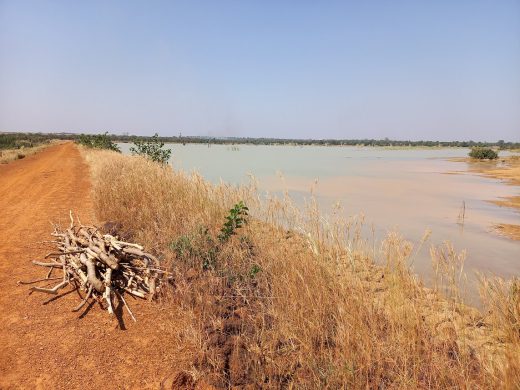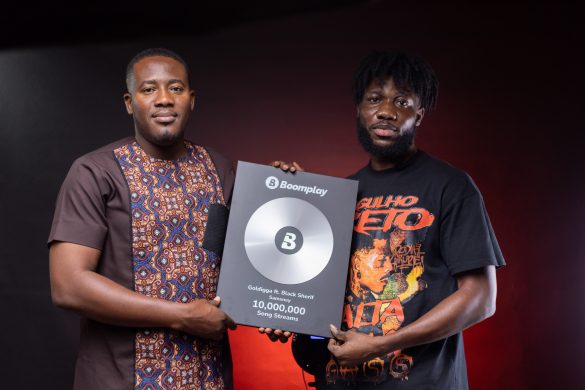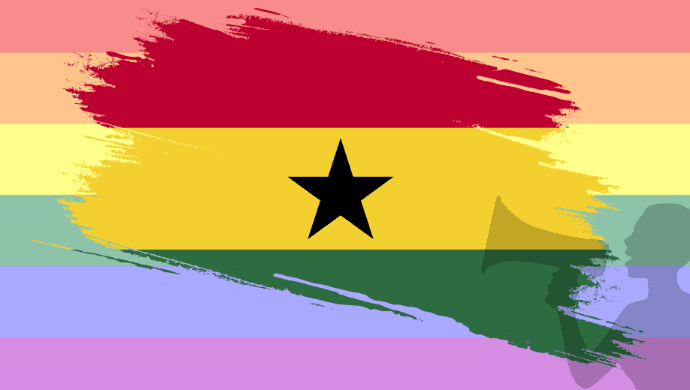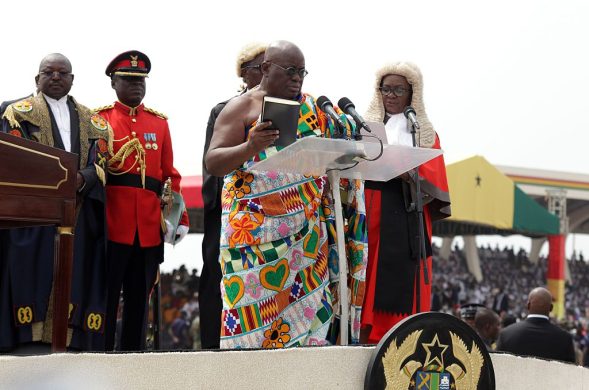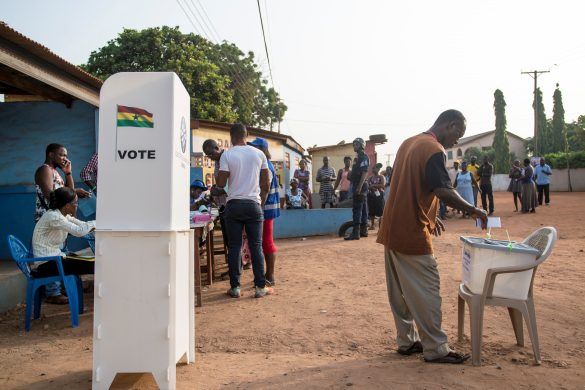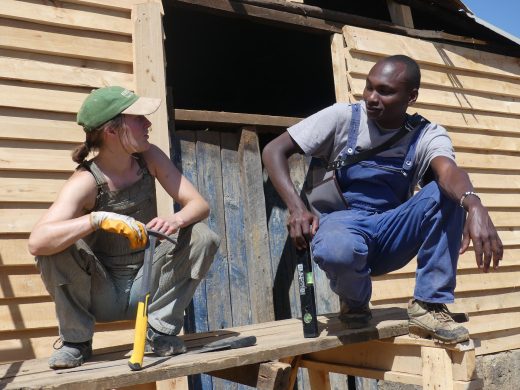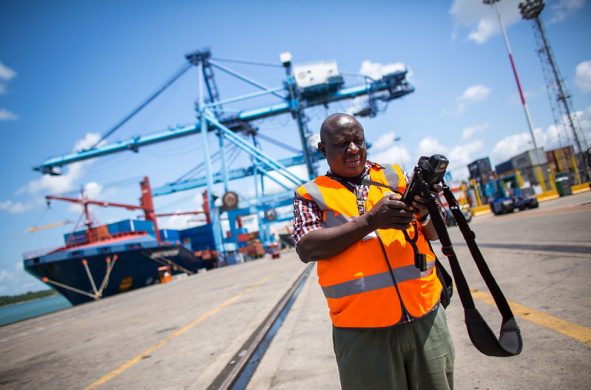Over 90 percent of the working population of women are engaged in the private informal economy. Of these, 50 percent are in services of which trading forms a major part.
Their predominance in the informal sector of the economy is said to be a reflection of gender inequalities in Ghana. It thus came as no surprise when Dr. Dzodzi Tsikata of the Institute for Statistical, Social and Economic Research (ISSER) at one time advocated the removal of biases against the informal economy.
-Women do have a special though unhappy relationship with the informal economy, since the face of the informal economy is female, Dr. Dzodzi Tsikata ISSER said, while calling on government to recognize, resource and take them on board when discussing policy issues that affect trade.
After the 1997 Micro Credit Summit, the United Nations declared 2005 as the year of micro credit. In recent times, even in Ghana, micro loans have come as a ready source for traders for the expansion of small businesses such as the selling foodstuffs and thereby reducing extreme poverty.
A report by the Micro credit Summit Campaign (MSC) states that more than 106 million of the world’s poorest families received a micro loan in 2007, surpassing a goal set 10 years earlier.
The MSC recognises the world’s poorest as those who live in the bottom half of those living below the poverty line, or any of the nearly one billion people living on less than 1 US Dollar a day in the world.
Following the establishment of the Ministry of Women and Children’s Affairs (MOWAC), the micro unit was established to empower female traders economically.
-It is necessary because when the woman is economically empowered she can contribute meaningfully to economic development, stated Mrs. Adiza Ofori-Adu, Public Relations Officer of MOWAC. She said that before the loans are given out, the women are offered training in business and financial management.
MOWAC through the National Investment Bank, Agricultural Development Bank and the rural banks disbursed micro-credit to women. An amount of 120.000 Cedi (ghanisk møntfod) has been disbursed to 120.000 women countrywide.
Ninety women involved in small scale businesses have also benefited from the ministry’s small loans ranging 200 Cedi to 2.500 cedi. These loans build women’s self-esteem, leadership and creativity.
The Makola Traders Union (MTU), an affiliate of the Ghana Trades Union Congress, is one of such recognized associations benefiting from micro loans by some bank and non-bank financial institutions.
Majority of the members of MTU Public Agenda spoke to were grateful to the financial institutions for their assistance, more so when no collateral is demanded. They only need to open an account with the financial institution in question.
The union’s Welfare Officer, Madam Juliana Brown Afari, expressed the union’s gratefulness, -It has helped us a lot because some of us lacked money to trade. But now through the loans we have been able to expand our trading activities.
They however, appealed to the financial institutions to give them lesser interest rates and an extension of the repayment period.
The competition for micro loans has been extremely keen to the extent that some banking and non-banking financial institutions, which previously ignored the informal sector (small traders) have made it their primary focus.
Some claim they are determined to empower many women financially to grow their businesses, which in turn, will impact favourably on the economy.
The Head of Credit of EB-ACCION Savings & Loan, a subsidiary of ECOBANK Ghana Ltd., Mr. Tim Biwott, said his organisation deemed it a corporate social responsibility to leverage the market by providing finance to the informal sector so they can generate income to sustain themselves.
-Because there was a missing gap of financiers, people could not access funds and we decided to fill the gap. What we are doing is to try to create funding within Africa; that is mobilize savings ourselves and lending to ourselves, he explained.
He noted that Africa could just share what it has but not always rely on funds from outside.
He stressed, -Financial laws should be stricter. If we really want to change and bring wealth in Africa, all governments should be concerned with micro credit.
The Bank of Ghana’s Financial Stability Report, November 2008, states that latest credit conditions survey shows a general net tightening of credit conditions for enterprises, with a shift in accommodation from corporates to small and medium scale enterprises (SMEs).
It said the net percentage of banks reporting net tightening of credit stance for loans to enterprises increased further (up from 6,12% as of July 2008 survey round to 25,30% in the October 2008 survey round).
The most important factors cited by banks as contributing to net tightening are cost of funds and expectations regarding economic activities.
Competition from other banks and non-bank financial institutions, however, contributed to easing of credit stance. Small and medium-sized companies (SMEs), however, continued to benefit from increased access to credit.
Net demand (percentage of customers applying for credit) for loans to households for house purchase fell further in the third quarter of 2008 (to 24,89 per cent of respondents not demanding credit, from 8,45 per cent willing to contract loans in the previous quarter).
Small and medium-sized enterprises’ (SME) net demand for loans continued to be strong while large enterprises’ net demand declined marginally in the third quarter of 2008.
The informal economy is said to be generating 10 times more jobs than the formal economy since the 1980s, as it is the last resort for the unemployed.
It also contributes 20 to 40 percent of the Gross Domestic Product (GDP) of the country.
Kilde: Push Journal og Public Agenda (Ghana)



